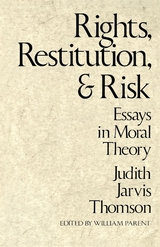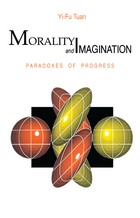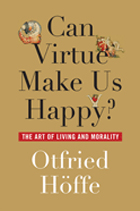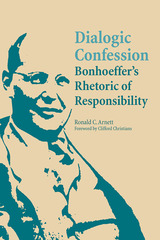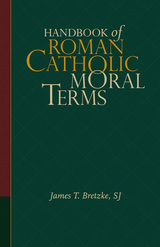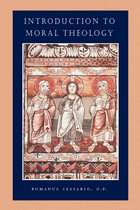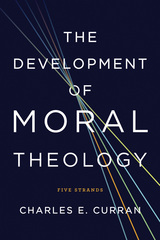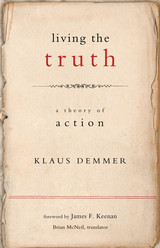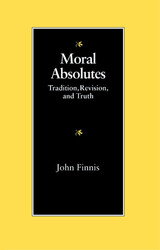Paper: 978-1-62616-019-4
Library of Congress Classification BJ1249.C815 2013
Dewey Decimal Classification 241.042
Charles Curran in his newest book The Development of Moral Theology: Five Strands, brings a unique historical and critical analysis to the five strands that differentiate Catholic moral theology from other approaches to Christian ethics—sin and the manuals of moral theology, the teaching of Thomas Aquinas and later Thomists, natural law, the role of authoritative church teaching in moral areas, and Vatican II. Significant changes have occurred over the course of these historical developments. In addition, pluralism and diversity exist even today, as illustrated, for example, in the theory of natural law proposed by Cardinal Ratzinger.
In light of these realities, Curran proposes his understanding of how the strands should influence moral theology today. A concluding chapter highlights the need for a truly theological approach and calls for a significant change in the way that the papal teaching office functions today and its understanding of natural law.
In a work useful to anyone who studies Catholic moral theology, The Development of Moral Theology underscores, in the light of the historical development of these strands, the importance of a truly theological and critical approach to moral theology that has significant ramifications for the life of the Catholic church.
See other books on: Catholic authors | Christian ethics | Curran, Charles E. | Five Strands | Moral Theology
See other titles from Georgetown University Press

